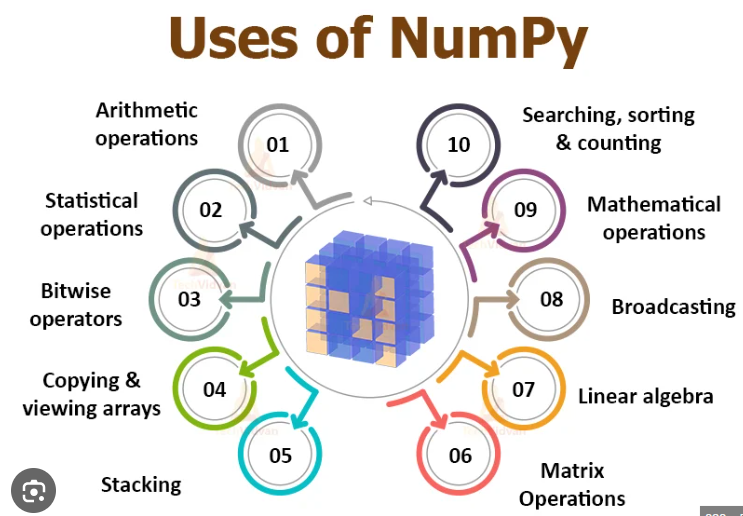
Google Colab
Google Colaboratory (Google Colab) is a cloud-based Jupyter notebook platform by Google, enabling users to write and execute Python code in the browser with fre...
Jupyter Notebook is an open-source tool for creating documents with live code, equations, and visualizations, vital for data science, education, and more.
Jupyter Notebook is an open-source web application that has revolutionized the way data scientists, researchers, and educators approach interactive computing and data analysis. This versatile tool enables the creation and sharing of documents that integrate live code, equations, visualizations, and narrative text, making it an invaluable asset in fields such as data science, machine learning, scientific computing, and education. The name “Jupyter” is derived from the core programming languages it originally supported: Julia, Python, and R. However, Jupyter Notebook now supports a vast array of over 40 programming languages, enhancing its applicability across various computational tasks.
.ipynb extension that combines code and rich text elements.Jupyter Notebook can be installed using several methods:
pip install notebook
In AI and automation, Jupyter Notebooks are a versatile platform for developing and testing machine learning models. They integrate with AI libraries such as TensorFlow and PyTorch, enabling users to build and refine models within the notebook environment. Interactive widgets and extensions allow for creating sophisticated AI-driven applications, including chatbots and automated data analysis pipelines.
Jupyter Notebook is an open-source web application that allows users to create and share documents containing live code, equations, visualizations, and narrative text. It is widely used in various fields for data analysis, scientific research, and education. Below are some scientific papers that explore different aspects of Jupyter Notebook, providing insights into its use, challenges, and security implications.
Jupyter Notebook is an open-source web application for creating and sharing documents that contain live code, equations, visualizations, and narrative text. It is widely used for data science, machine learning, scientific computing, and education.
While originally supporting Julia, Python, and R, Jupyter Notebook now supports over 40 programming languages, making it highly versatile for computational tasks.
Jupyter Notebook can be installed via the Anaconda distribution, which comes with essential data science libraries, or through Python’s package manager pip by running 'pip install notebook'.
The main components include the Notebook Document (.ipynb file), the Jupyter Notebook App (web-based interface), Kernels (for code execution), and the Notebook Dashboard (for managing documents and kernels).
Jupyter Notebook seamlessly integrates with popular data science and AI libraries like pandas, scikit-learn, TensorFlow, and big data tools like Apache Spark, allowing users to build, test, and visualize sophisticated workflows.
Smart Chatbots and AI tools under one roof. Connect intuitive blocks to turn your ideas into automated Flows.
Google Colaboratory (Google Colab) is a cloud-based Jupyter notebook platform by Google, enabling users to write and execute Python code in the browser with fre...
NumPy is an open-source Python library crucial for numerical computing, providing efficient array operations and mathematical functions. It underpins scientific...
Dash is an open-source Python framework by Plotly for building interactive data visualization applications and dashboards, combining Flask, React.js, and Plotly...
